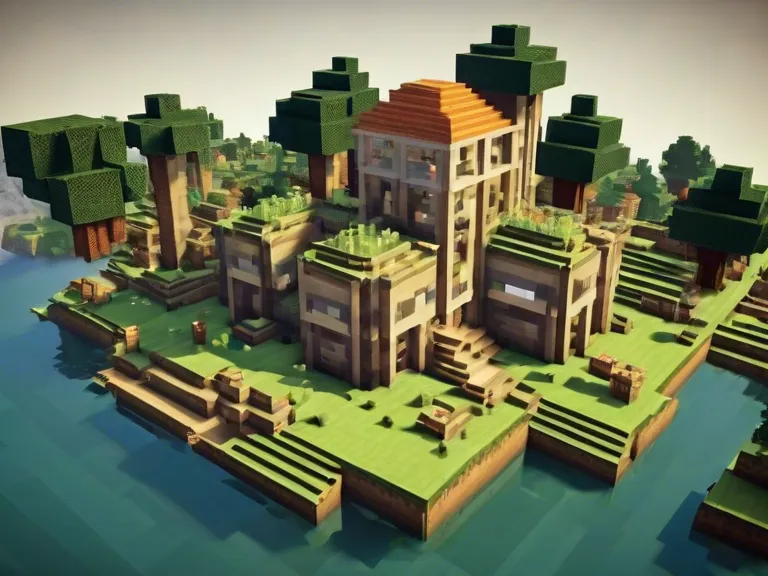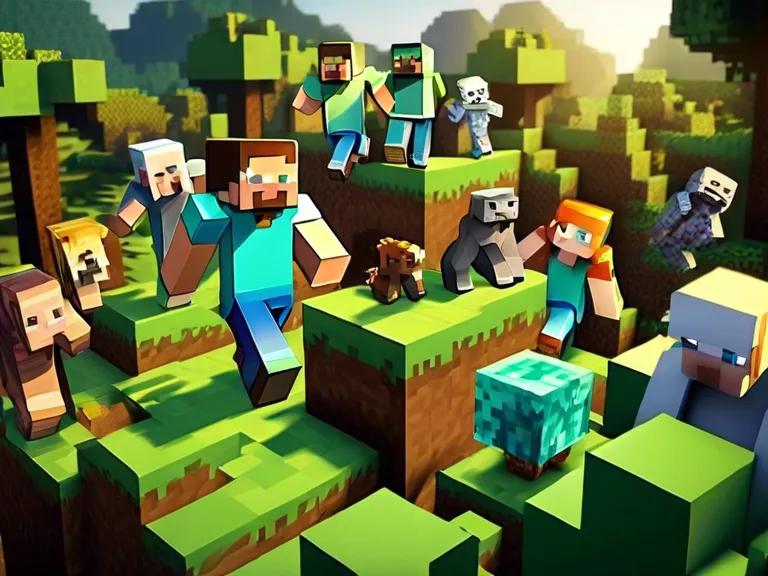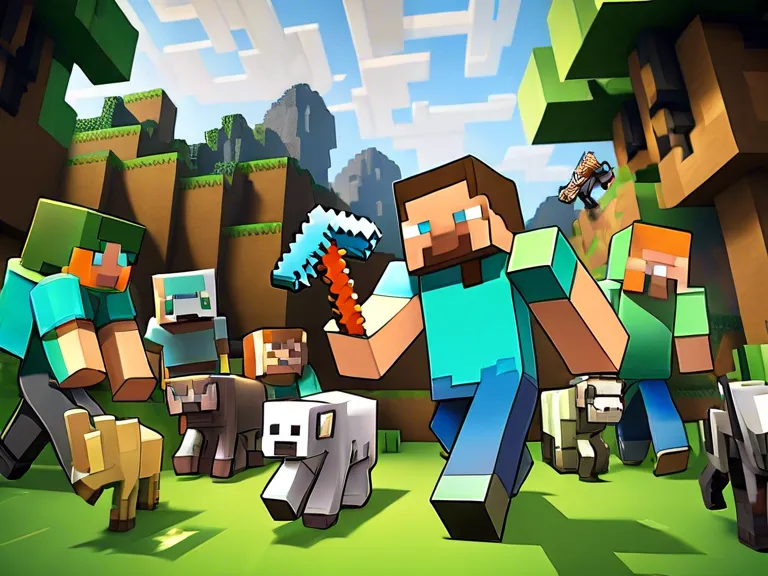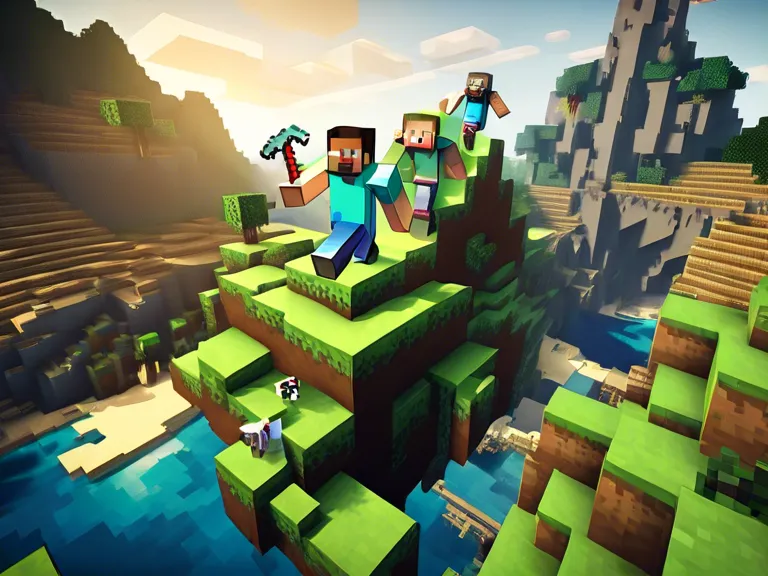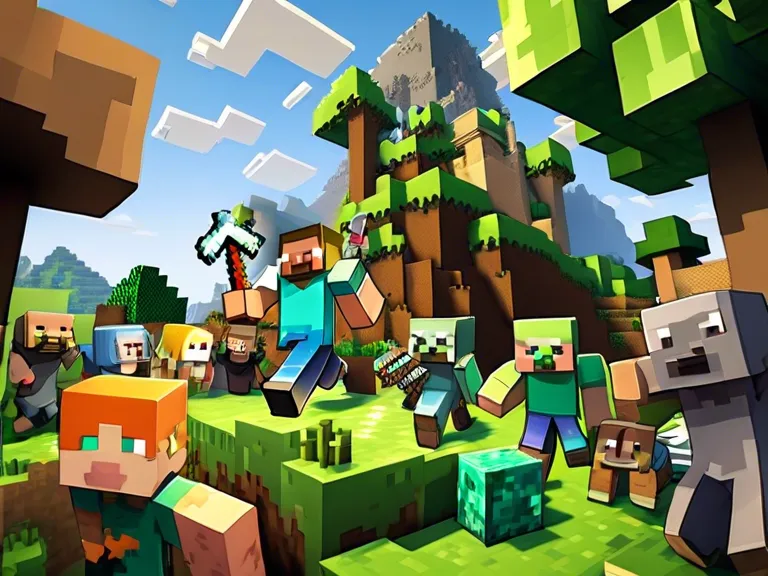
In today's digital age, Minecraft has become a game-changer in the world of education. By redefining traditional educational methodologies, Minecraft challenges the way we think about learning and play. From creativity to problem-solving skills, this popular video game has opened up a whole new realm of possibilities for educators and students alike.
One of the key aspects of Minecraft is its open-world sandbox environment, which allows players to create and explore to their heart's content. This freedom promotes creativity and critical thinking, as players must use their imagination to build structures, solve puzzles, and navigate the virtual landscape. By giving players the tools to shape their own world, Minecraft encourages them to think outside the box and experiment with different ideas.
Furthermore, Minecraft teaches important skills such as collaboration and teamwork. In multiplayer mode, players must work together to achieve common goals, whether it's building a massive castle or surviving against enemy mobs. This fosters communication and cooperation among players, helping them develop social skills that are essential in the real world.
In addition, Minecraft promotes learning through trial and error. Players often face challenges and obstacles that require them to think strategically and come up with solutions. Whether it's mining for resources or crafting tools, players must use problem-solving skills to overcome obstacles and progress in the game. This hands-on approach to learning allows players to experience the consequences of their actions and learn from their mistakes.
Overall, the philosophy of play in Minecraft is a powerful tool for educators looking to engage students in a fun and interactive way. By leveraging the game's immersive world and engaging gameplay, educators can create meaningful learning experiences that inspire creativity, critical thinking, and collaboration in their students.
